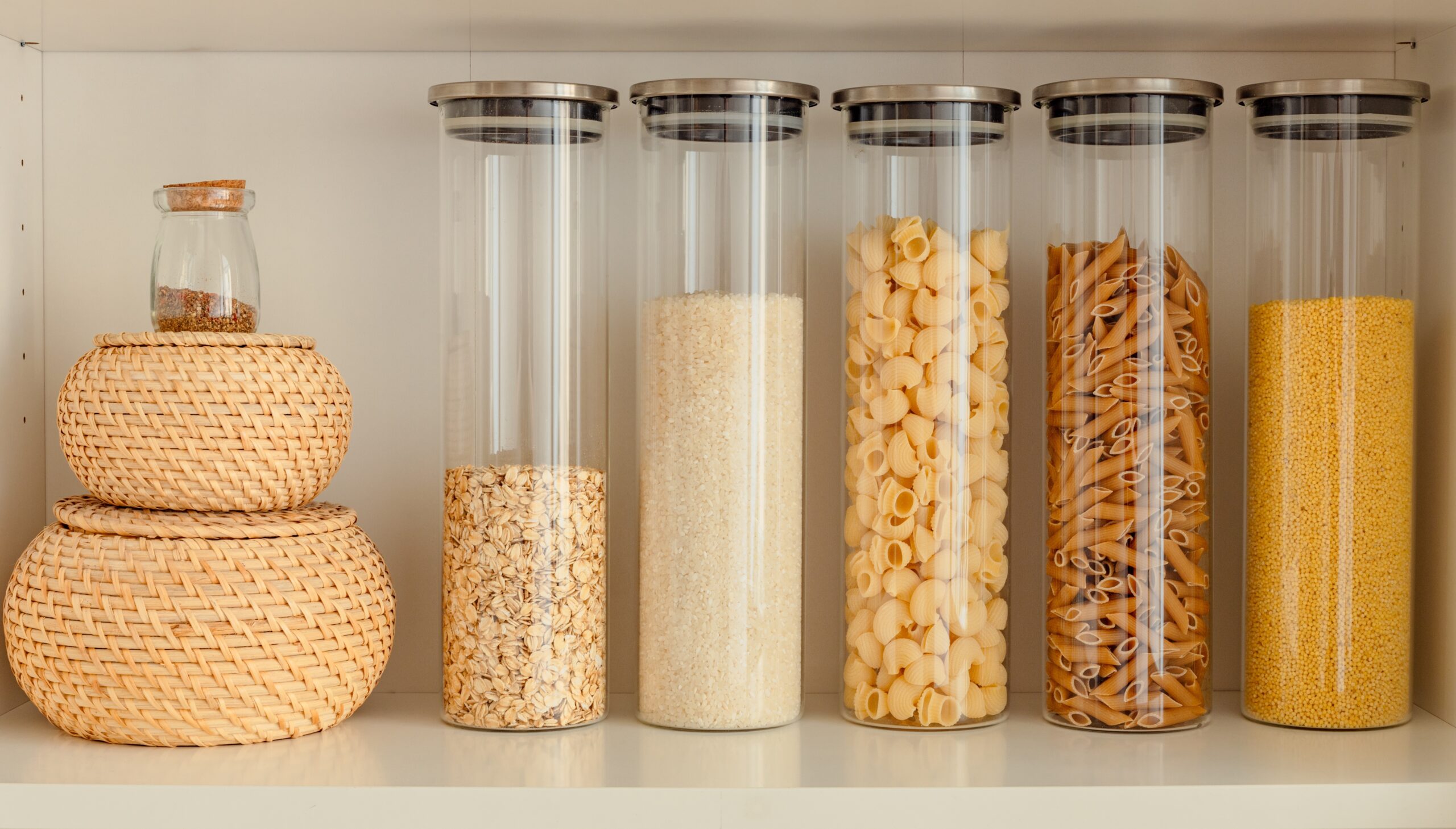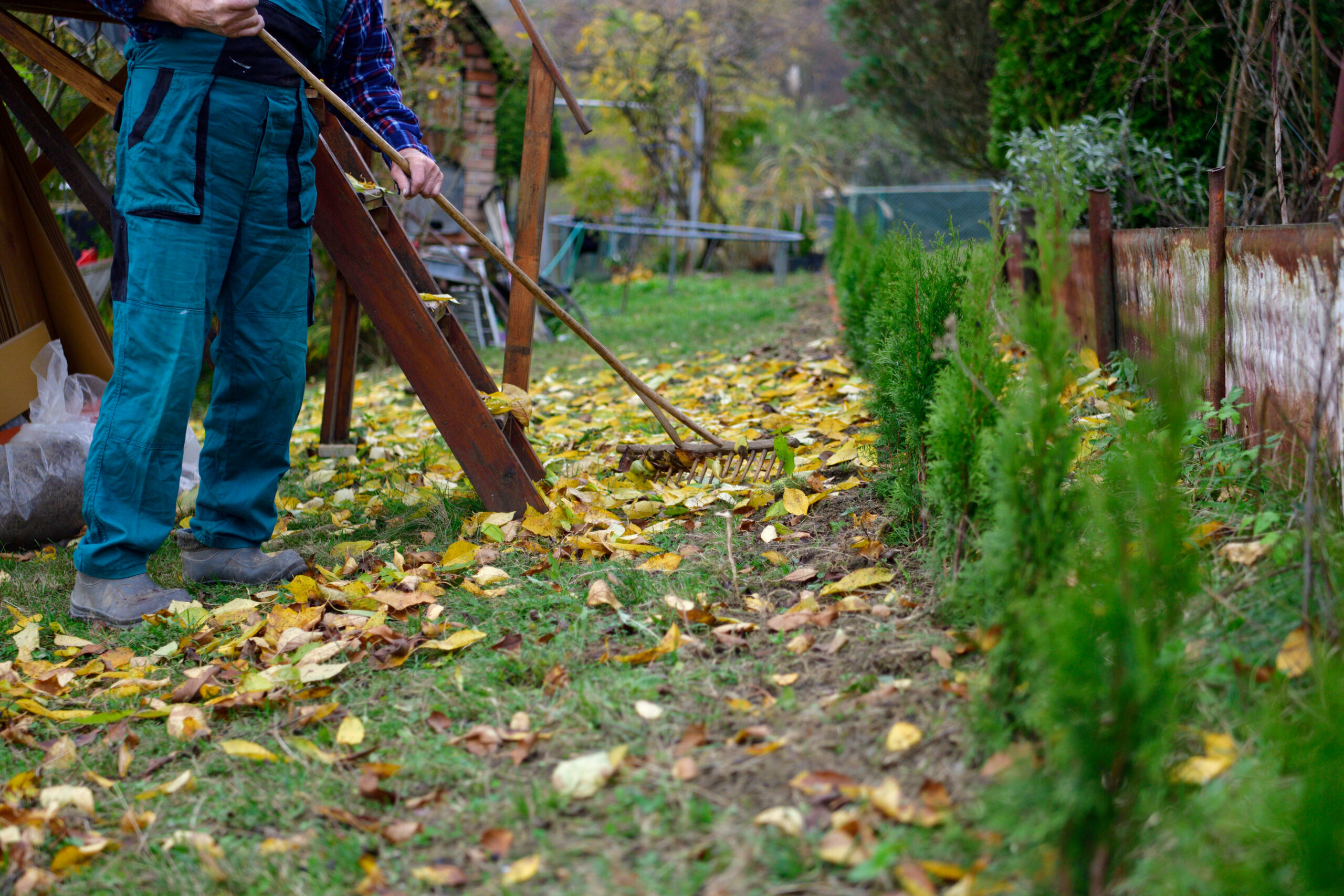A Complete Guide To Winter Pest Prevention
A Complete Guide To Winter Pest Prevention
With the first day of winter being this Thursday (December 21), much of our attention is now on preparing our homes and lives for the freezing temperatures. It’s already been snowy and cold for many regions, which always makes the winter solstice seem to fall so late in the year. But nevertheless, winter is finally here and there is plenty to do. An important part of being a homeowner is preparing your house for each season and all of the strange weather patterns that come with it.
Winter comes with plenty of risks and potential expenses if repairs need to be done after a storm. The freezing temperatures, snowfall patterns, icy coatings, and frigid winds can all do a number on our homes if we’re not prepared. This goes hand-in-hand with the importance of preventing pests (believe it or not), as a house that is vulnerable to the clutches of winter weather is also unguarded against pests. Let’s discuss the most reliable ways to simultaneously maintain your home and prevent winter pests from overtaking it.
Sealing The Home

First things first, it is essential to make sure that your home is completely sealed from the outdoors. This is important for a couple of reasons. One, it prevents your house from becoming drafty and developing moisture damage from winter storms. Two, it keeps creepy-crawlies from finding easy entry points and making their way into the house. The best way to ensure that your home is sealed is to look for any imperfections that would let anything from outdoors inside.
These are the most effective ways to seal your home against pests:
- Inspect both the exterior and interior walls for any cracks, gaps, and holes. Small imperfections can be sealed with waterproof caulk, and larger holes can be filled with steel wool or copper mesh before lining it with the caulk.
- Check around the pipes and utilities of the house for any leaks, cracks, and damage. If you find anything that needs fixing, try to have it repaired as soon as possible.
- Inspect all doors and windows for any gaps or damage. Pay special attention to the weather stripping because the wet weather and winter storms can really wear it down. Also, check the screens for any tears and holes, as these are some of the most common entry points for pests. Replace any worn weather stripping and ripped screens as soon as possible.
Storing The Food

Proper food storage is a good idea in every season, but it is so important that we feel the need to emphasize it here. Once pests get inside our homes, they will oftentimes set their sights on finding enough food to sustain their whole group. Ants, rodents, roaches, and beetles all enjoy our food items the most, so protecting your non-refrigerated items is a crucial step in ensuring that pests won’t make your home their own. All it takes are some airtight containers and a bit of effort in keeping your kitchen is relatively tidy.
These are the most effective ways to store your food and keep pests out of the kitchen:
- Store any food that you keep on the counters in airtight containers. Spices, baking essentials, snacks, and baked goods should all be contained in solid vessels with good lids in order to prevent hungry pests from sniffing them out.
- Speaking of cooking essentials, we recommend keeping all of the standard baking staples in airtight containers with lids, if they don’t already come in those containers. Pantry pests are notorious for invading these ingredients and laying their eggs within the food, so an airtight container will keep them out. Flour, sugar, brown sugar, baking soda, and powdered sugar are some of the most important ones to transfer into new containers.
- Check the foods in your pantry or cabinets periodically for any leaks or spills. The longer that canned items sit in the pantry, the more likely they are to start leaking. If you find any compromised food items, throw them away and sanitize the shelf with an antibacterial wipe or spray.
- Clean up all crumbs and spills as soon as possible. Whether you’re baking Christmas cookies or cooking a feast for dinner, it’s important to make sure that there aren’t any stray spills around the kitchen. These are major attractants for hungry pests — like ants and rodents — who are looking for easy food sources. Clean larger spills with a damp cloth, and sanitize the countertops with an antibacterial wipe or spray once you’re done.
Caring For The Yard

Yard work is often the last thing on our mind during winter, seeing as how everything in it is either covered in snow or completely barren. The good news is that you will have less yard care in the winter than in the summer because of this. The bad news is that yard maintenance is essential all year long, so it’s still important to care for your yard and keep all of your landscaping trimmed down before pests make their home in the overgrowth.
These are the most effective ways to care for your yard and prevent pests from invading in between storms:
- Keep all plants, bushes, and tree limbs trimmed back from the house by at least 12 inches. If the greenery is touching the house, it essentially acts as a highway for all kinds of pests. They can crawl right up to the house and enter through the vents or windows, which would begin a full infestation nightmare.
- Remove all weeds and dead leaves or branches from the yard. The leaf litter alone can conceal plenty of creepy-crawlies that would love the chance to invade your warm home at some point. Use thick gardening gloves to protect your hands throughout the process.
- Mow the lawn regularly in between storms. Just because it’s winter doesn’t mean lawn care is any less important! An overgrown lawn will attract pests, so keeping it mowed to a healthy length will prevent them from hiding within the tall grass. Also, make sure that it’s receiving the proper amount of water and fertilizer. Too much or too little of either can make for an unhealthy lawn that is more susceptible to pests.
Doing The Typical Chores

Everyone has their own approach to doing chores. Some prefer to save all of the standards for one day out of the week (usually a weekend day) and dedicate most of their hours to completing each chore. Others like to space out the tasks and do a little bit every day, like a random load of laundry or a quick vacuuming of the home. Regardless of your chore-scheduling preferences, staying on top of these monotonous tasks is one of the best ways to prevent pests from invading due to the mess — and to find any beginning pest problems before they worsen.
These are the most effective chores to do regularly in order to keep pests out of your tidy home:
- Take out the trash when it’s full. Do not let the kitchen trash can overflow because that will lead to hungry pests making themselves at home in the garage. Roaches, ants, and rodents are some of the most infamous trash pests. Also, make sure that all trash makes it into the can and isn’t scattered on the floor around it.
- Clean the floors regularly. The specific method is completely up to you, as the most important factor is that the floors are completely clean and free of dust and debris. Vacuuming, mopping, and sweeping are the best ways to keep your interior floors clean.
- Don’t let the laundry and dishes stack up to an insurmountable pile. This is much easier said than done, so as long as you keep them both down to a reasonable amount, it’s still better than leaving them out for days on end. There are all kinds of pests that love dirty laundry (roaches and crickets) and dirty dishes (ants and rodents), so eliminating the attractants will subsequently keep the pest risk down to a minimum.
Preparing For Winter

Finally, we have arrived at the most topical section of them all: preparing your home and yard for winter. Like we said earlier, the arrival of winter means that there is a bit of extra care required when it comes to maintaining your home. Whether it’s making sure that your flower garden is prepared for the frost or battening down the hatches when a snowstorm heads your way, it’s a good idea to protect your greatest investment against the coldest season and all of the pests that would rather be in your cozy home than outdoors.
These are the most effective ways to prepare your home for winter and all of the desperately invasive pests that come with it:
- Store your firewood properly, both indoors and outdoors. If you chop and stack up your firewood outside, keep it stored at least 20 feet from the house. This is the approximate distance that experts recommend in order to prevent wood-boring pests, like termites and weevils, from invading the wood and then traveling inside your home. As for indoor storage, the specific method depends on your preference. We suggest not keeping too much firewood inside at once, as this could lead to wood-loving pests setting up shop inside.
- If you don’t have one already, place a screen vent on your chimney. The chimney is where all kinds of pests can easily invade a house if they get onto the roof. Rodents commonly get inside homes by crawling onto the roof and going down the chimney when it’s not in use, so placing a vent on it will keep those pests out.
- Check the house for any leaks or weather damage often. Winter brings about all kinds of weather-related problems, like frost, snowstorms, strong winds, excessive rain, and freezing temperatures. Moisture damage can develop before you know it, especially if it’s in an inconspicuous place like the basement or attic. Inspect the ceilings and walls for any signs of damage, and have any compromised spots repaired as soon as possible.
Green Pest Services Is Here For It All
The summer sun is long gone, but that doesn’t mean professional pest control services are any less important. Receiving regular treatments and being able to ask an expert their advice on your current pest concerns are two of the best ways you can keep your home pest-free, and these are our exact specialties at Green Pest Services. Our highly-trained technicians are dedicated to not only eliminating current pest infestations, but also to prevent future pests from invading and causing further issues. After we finish a thorough inspection of the property and search for all signs of pest activity, our team will create a treatment plan that is completely customized to solve your specific pest problems. All of our products are tough on pests while still being completely safe for both people and pets, so you never have to worry about toxic pesticides contaminating your home. We look forward to keeping you pest-free all year long. Contact us today to get a free quote on our reliable services and go Green this winter!
Citations
5 ways to prepare for pest intruders this fall and winter. (n.d.). Orkin. Retrieved December 4, 2023, from https://www.orkin.com/commercial/blog/5-ways-to-prepare-for-pest-intruders-this-fall-and-winter
Bartolone, G. (2022, January 10). 10 tips for a pest-free home in the winter. Angi. Available at https://www.angi.com/articles/7-tips-block-pests-looking-winter-home-inside-yours.htm (Accessed on December 4, 2023).
Earl, J. (2022, November 11). Do you need pest control in the winter?. CBS News. Available at https://www.cbsnews.com/news/do-you-need-pest-control-in-winter/ (Accessed on December 4, 2023).
Mcoffey. (2020, October 13). Pest control tips for winter. Pest Authority. Available at https://www.pestauthority.com/winter-pest-control-tips/ (Accessed on December 4, 2023).
The keys to winter pest-proofing. (n.d.). Pest World. Retrieved December 4, 2023, from https://www.pestworld.org/news-hub/pest-articles/the-keys-to-winter-pest-proofing/
Vila, B. (n.d.). How to avoid a winter pest invasion. Pest World. Available at https://www.pestworld.org/news-hub/guest-columnists/the-winter-pest-invasion-defend-your-home-against-an-overlooked-threat/ (Accessed on December 4, 2023).
How Do Pests Contaminate Food?
How Do Pests Contaminate Food? How Do Pests Contaminate Food? Summary: A practical homeowner guide explaining how pests contaminate food through contact, saliva, [...]
The Clear Signs of Bed Bugs in Every Setting
The Clear Signs of Bed Bugs in Every Setting The Clear Signs of Bed Bugs in Every Setting Summary: A setting-by-setting guide to [...]
Odor is an Early Sign of Rodents, Here’s Why
Odor is an Early Sign of Rodents, Here’s Why Odor is an Early Sign of Rodents, Here’s Why Summary: Rodent odors are often [...]
Pest Prevention Tips for Snowy Days
Pest Prevention Tips for Snowy Days Pest Prevention Tips for Snowy Days Summary: Snowy weather pushes pests to seek warmth and shelter indoors, [...]
How Do Ants Spend Winter? What Homeowners Should Know About Ants in Winter
How Do Ants Spend Winter? What Homeowners Should Know About Ants in Winter How Do Ants Spend Winter? What Homeowners Should Know About Ants in [...]
Termites Are Awful Winter Pests – Here’s Why
Termites Are Awful Winter Pests – Here’s Why Termites Are Awful Winter Pests – Here’s Why Summary: Termites can remain active through winter [...]

